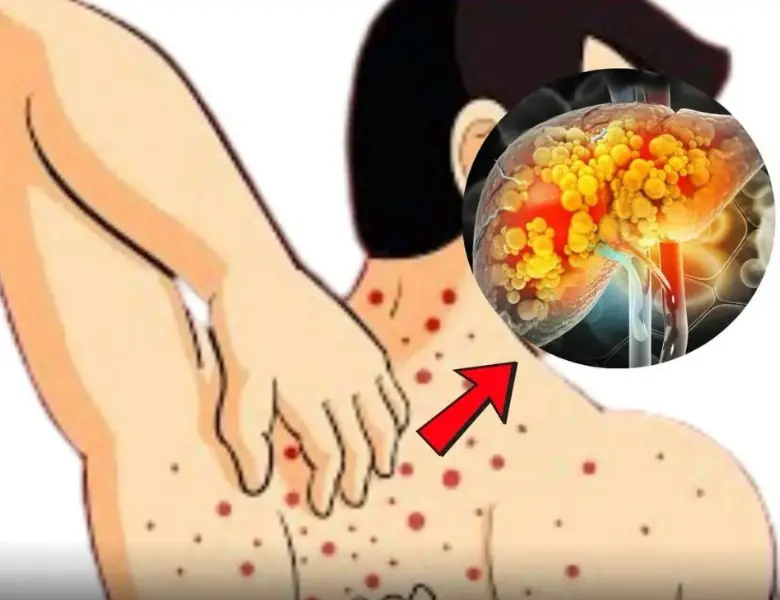
Warning: If You Notice This Sign in Your Body, Go to the Hospital Immediately or It May Be Late-Stage Nasoph.aryngeal Can.cer
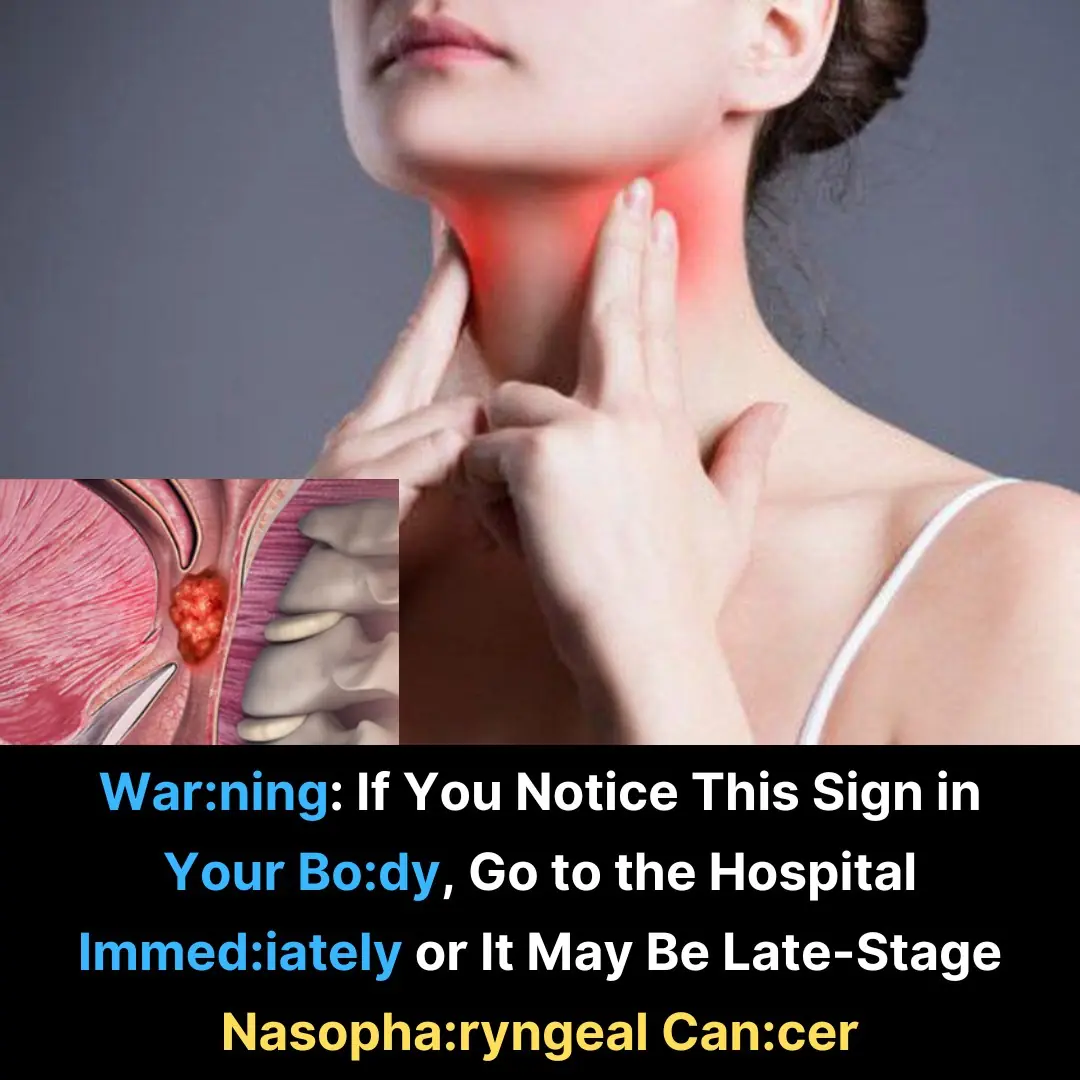
Nasopharyngeal cancer (NPC) isn’t exactly a topic people sit around discussing like skincare trends or gym routines. It’s quiet, it’s sneaky, and for many people, it only becomes a concern when symptoms have already been there for months.
But here’s the truth:
Knowledge is literally power.
And when it comes to conditions like NPC - where early detection can completely change the outcome - understanding the warning signs can make all the difference.
This article breaks down everything you actually need to know:
-
What NPC is
-
The real red-flag symptoms
-
Why the disease can be hard to catch
-
How the body tries to warn you
-
When you should go for a checkup
-
Lifestyle habits that lower your risk
-
And what science says about prevention
Let’s get into it - in a clear, calm, and helpful way.
What Exactly Is Nasopharyngeal Cancer?
Nasopharyngeal cancer begins in the nasopharynx, which sits at the upper part of your throat, behind the nose, and close to your ears.
This area controls airflow, drainage, swallowing, and even the pressure balance in your ears.
NPC happens when cells in that area start growing uncontrollably. The tricky part?
The nasopharynx is tucked away deep inside the head — so tumors can grow without being obvious on the outside.
Where NPC Is Most Common
NPC rates are higher in:
-
Southeast Asia
-
Southern China
-
Hong Kong
-
Singapore
-
Vietnam
-
The Middle East
-
North Africa
People of Asian ancestry have a higher natural risk, which makes awareness even more important.
Why Nasopharyngeal Cancer Is Hard to Detect Early
Here’s the problem NPC creates:
Its early symptoms mimic everyday problems, like the flu, allergies, sinus infections, or ear infections.
So most people shrug them off.
NPC is small → causes subtle issues → goes ignored → grows quietly → symptoms become serious.
That’s why public health groups emphasize:
Listen to persistent symptoms - especially one-sided ones.
Red-Flag Symptoms You Should Never Ignore
These symptoms do not automatically mean NPC.
But if they hang around for more than 3–4 weeks, they deserve a proper check.
1. A Lump in the Neck (Lymph Node Swelling)
This is the #1 most common symptom of later-stage NPC.
Because the cancer often spreads to lymph nodes early, many patients first notice a painless, firm lump on one side of the neck.
Sometimes the lump grows slowly; other times it grows fast.
Either way:
Any neck lump that stays more than 2–3 weeks should be checked.
2. One-Sided Nasal Symptoms
NPC often blocks one side of the nasopharynx, so the symptoms show up unevenly.
You might notice:
-
Constant blockage on one side
-
One nostril always harder to breathe through
-
Blood in nasal mucus
-
Nosebleeds that happen randomly
-
Postnasal drip that never clears
If it's happening only on the right or left side repeatedly, that’s a sign to ask questions.
3. Ear Problems - Especially If It’s Just One Ear
This is another signature sign.
NPC sits close to the Eustachian tube, which helps equalize ear pressure.
When a tumor presses on it, symptoms include:
-
One-sided hearing loss
-
Ringing (tinnitus)
-
Feeling like the ear is “blocked”
-
Fluid buildup
-
Recurrent ear infections in adults (this is rare and should always be checked)
Again: these symptoms, when persistent, aren’t normal.
4. Frequent or Unusual Headaches
These headaches tend to feel:
-
Deep
-
Behind the eyes
-
On one side
-
Different from tension headaches
They may be accompanied by facial pain due to nerve pressure.
5. Changes in Voice, Throat, or Swallowing
This includes:
-
Persistent sore throat
-
Trouble swallowing
-
A feeling of something “stuck”
-
Hoarse or nasal voice
-
Postnasal drip that won’t go away
Because NPC sits at the top of the throat, it can irritate nearby nerves and tissues.
6. Facial Numbness or Weakness
A late-stage warning sign.
NPC can press on cranial nerves, causing:
-
Numbness on part of the face
-
Tingling
-
Drooping eyelids
-
Blurry or double vision
This is rare but serious.

How These Symptoms Connect to NPC
NPC doesn’t operate like lung can.cer or skin can.cer.
Instead, it affects airflow, drainage, and nerve pathways in and around the head.
That’s why symptoms seem so random.
Here’s a quick breakdown:
| Symptom | Why It Happens |
|---|---|
| Neck lump | Spread to lymph nodes |
| Ear blockage | Eustachian tube compression |
| One-sided nasal issues | Tumor blocking one nasal passage |
| Headaches | Nerve involvement or pressure |
| Facial numbness | Cranial nerve compression |
| Bleeding | Fragile mucosal lining affected by tumor |
NPC sends signals - but they’re subtle.
You have to look for patterns and persistence.
When You Should Go to the Hospital
You should get checked by ENT (Ear–Nose–Throat specialist) if:
✔ Symptoms last longer than 3 weeks
Especially if they’re one-sided and persistent.
✔ You find a new lump in the neck
Even if it doesn’t hurt.
✔ Ear symptoms keep happening on ONE side
Adults rarely get repeated ear infections without a cause.
✔ You experience unusual nosebleeds or blood-tinged mucus
Occasional nosebleeds are common, but not persistent patches of blood.
✔ You feel pressure, fullness, or pain behind the nose/eyes
Especially if normal treatments don’t work.
Tests are quick, painless, and non-invasive, like:
-
Nasal endoscopy
-
MRI or CT scan
-
EBV (Epstein–Barr virus) blood screening
-
Biopsy if needed
Checking early isn’t dramatic - it’s smart.

What Happens If NPC Is Found Early?
Good news:
NPC responds extremely well to treatment when caught early.
Survival rates jump dramatically in early stages because:
-
NPC tends to be sensitive to radiation
-
Combination therapy works well
-
Modern treatments improve recovery
Late detection still has treatment options, but early detection always brings better outcomes.
How to Reduce Your Risk (Scientifically Based Tips)
There’s no absolute way to prevent NPC, but you can significantly reduce your risk with these habits.
1. Reduce Intake of Salted, Cured, and Preserved Foods
Research consistently links NPC with:
-
Traditional salted fish
-
Cured meats
-
Foods containing nitrosamines
These foods can irritate the nasopharynx and increase long-term risk.
Fresh > processed.
Every time.
2. Eat More Fruits and Antioxidant-Rich Foods
Antioxidants help reduce inflammation and protect cells.
Especially helpful foods:
-
Citrus fruits
-
Leafy greens
-
Berries
-
Carrots
-
Broccoli
-
Garlic and onions (anti-inflammatory champs)
Your body literally glows from the inside out when you eat these.
3. Know Your Family History
NPC has a genetic and viral component.
If NPC runs in your family:
-
Ask your doctor about screening
-
Watch for persistent symptoms
-
Avoid high-risk foods
This is not fear - it’s awareness.
4. Reduce Exposure to EBV (Epstein–Barr Virus)
EBV is super common (over 90% of adults have been exposed), but controlling your immune health helps keep it in check.
You can reduce risks by:
-
Not sharing drinks or utensils
-
Strengthening immunity
-
Managing stress
-
Sleeping enough
Because tired immune systems let viruses reactivate more easily.
5. Avoid Smoking and Secondhand Smoke
Smoking irritates the nasopharynx and drastically raises NPC risk.
If you don't smoke → don’t start.
If you do → cutting back or quitting reduces your risk every single day.
6. Air Quality Matters
Areas with high air pollution or chemicals in the air may raise irritation in the upper airway.
Use:
-
Air purifiers
-
Masks in dusty or polluted areas
-
Better ventilation at home
Your lungs and throat will thank you.
7. Boost Your Immune System
The immune system plays a big role in preventing abnormal cell growth.
Support it with:
-
Daily movement
-
Balanced meals
-
Hydration
-
Sleep (actual game changer)
-
Less stress
Hot girl walk + water bottle = immune system glow-up.
8. Don’t Ignore Persistent Symptoms
NPC can only hide if we let it.
Your body gives you clues - don’t scroll past them.
If something feels “off” for too long, getting checked is not “overreacting.”
It’s self-respect.
Let’s Talk Mental Side: Why People Delay Going to the Doctor
A lot of people delay medical checks because:
-
“It’s probably nothing.”
-
“I’m too busy.”
-
“I’ll go if it gets worse.”
-
Fear of tests
-
Fear of bad news
But reality check:
Early checking doesn’t create problems - it prevents them.
Future you will be SO proud of present you for choosing health over hesitation.
Final Thoughts: Protect Your Health Like It’s Your Main Character Energy
Nasopharyngeal cancer isn’t common enough to be on everyone’s radar, but it should be recognized — especially in places where rates are naturally higher.
This article isn’t here to scare you.
It’s to empower you with:
-
Awareness
-
Practical tips
-
Confidence to trust your own body
-
Motivation to act early
Your body is smart.
It whispers before it screams.
When something feels wrong, the best move is simple: check early, stay calm, stay ahead.
Taking care of yourself is honestly the top-tier soft life.
And health is the ultimate flex.

News in the same category


One Egg a Week, 47% Lower Alzheimer’s Risk

If you drool while sleeping, it is a sign that your brain…

The surprising truth about eating eggs every day

Japan Just Hit 100,000 Citizens Over 100-Years-Old — Their Longevity Secret Isn’t What You’d Think

These 5 Foods Are Diabetes Enemies — Sadly, Many People Are Unaware
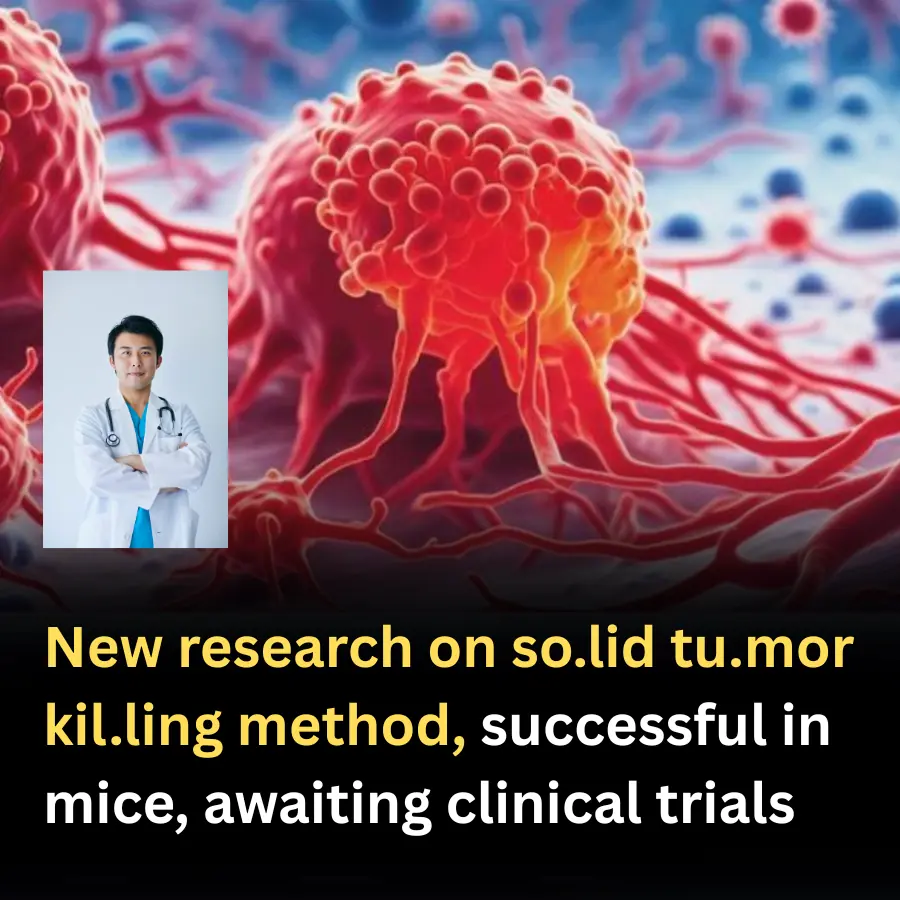
New research on so.lid tu.mor kil.ling method, successful in mice, awaiting clinical trials

The Power of Walnuts: A Superfood for Kid.ney Health and Brain Function
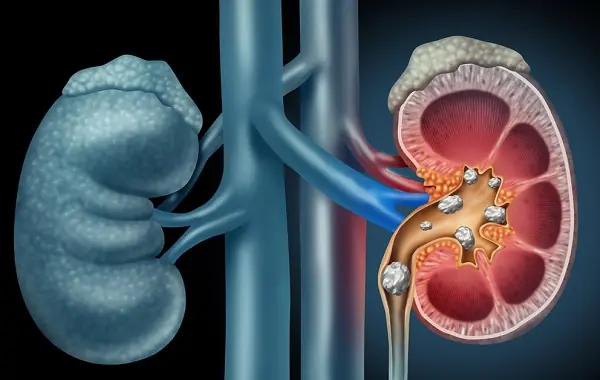
Keep Your Kid.neys Healthy with These Simple, Natural Choices

Experts Say These Four Foods Could Be Part of the Reason. Smart People Have Already Given Them Up

3 Danger.ous Ways Eating Red Dates Could Ha.rm Your Health

5 Natural Drinks to Keep Your Li.ver Healthy and Detoxified

This ‘Super Fruit’ Could Be the Secret to Health, Beauty, and Youth

Can.cer Will Be Defeated If You Adopt These 11 Powerful Habits!
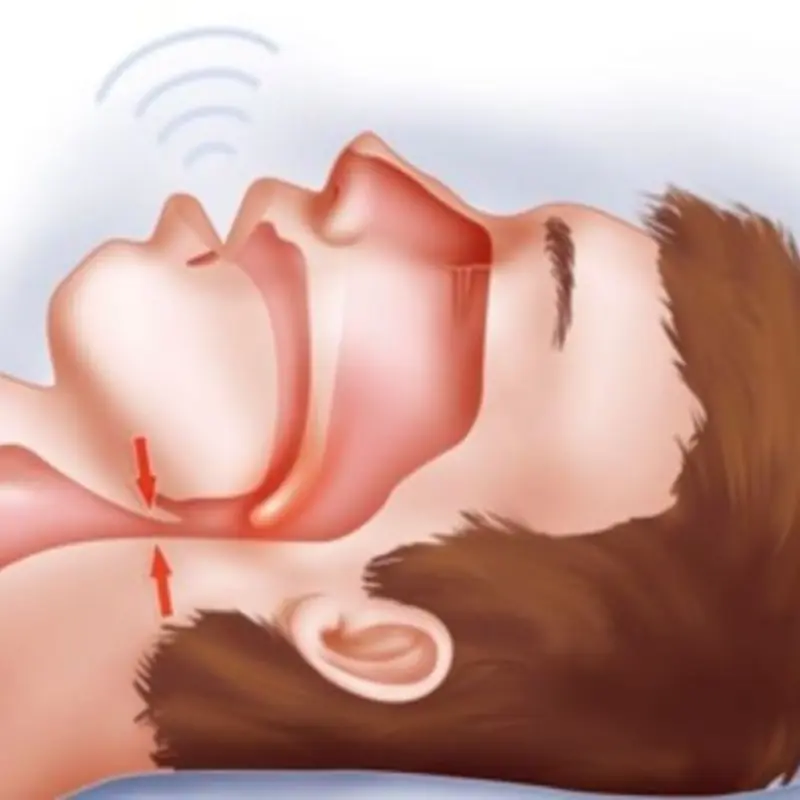
Frequent Drooling During Sleep? It Could Be a Sign of These Six Health Issues
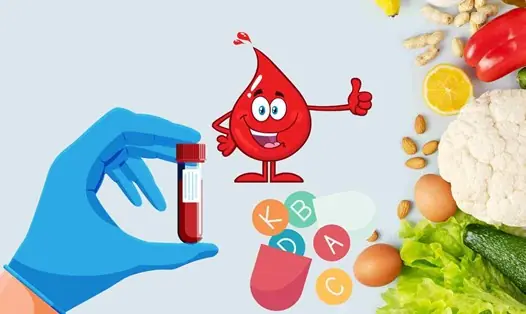
5 Natural Bloo.d Cleansing Drinks to Detoxify and Boost Circulation
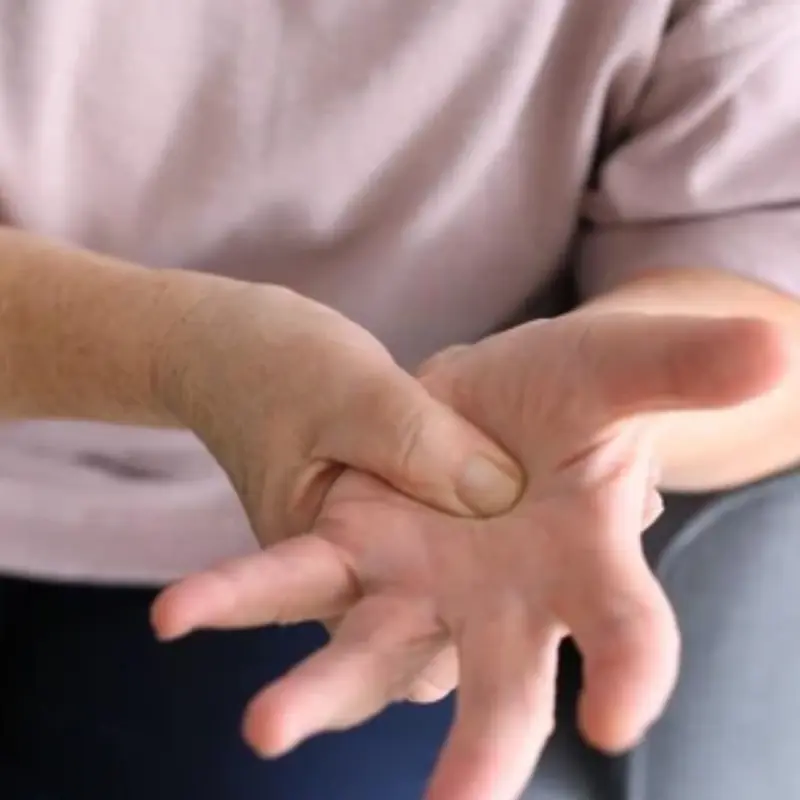
Doctors warn: three distinct hand signs may indicate li.ver failure. If you notice any of them, don’t delay seeing a doctor.

Is Broccoli Better Than Cauliflower? The Real Truth About Cancer Risk, Heart Health and More

What Are Eye Floaters? Here What To Do If you Start Seeing Them, According to an Eye Doctor
News Post

Fa.tty Liver: Causes, Symptoms, Treatment & Evidence-Based Prevention Strategies

What Does It Mean When Someone Who Has Pas:sed Away Appears In Your Dream

One Egg a Week, 47% Lower Alzheimer’s Risk

If you drool while sleeping, it is a sign that your brain…

Why Do Some Windows Have "Belly Bars"?

The surprising truth about eating eggs every day

Japan Just Hit 100,000 Citizens Over 100-Years-Old — Their Longevity Secret Isn’t What You’d Think
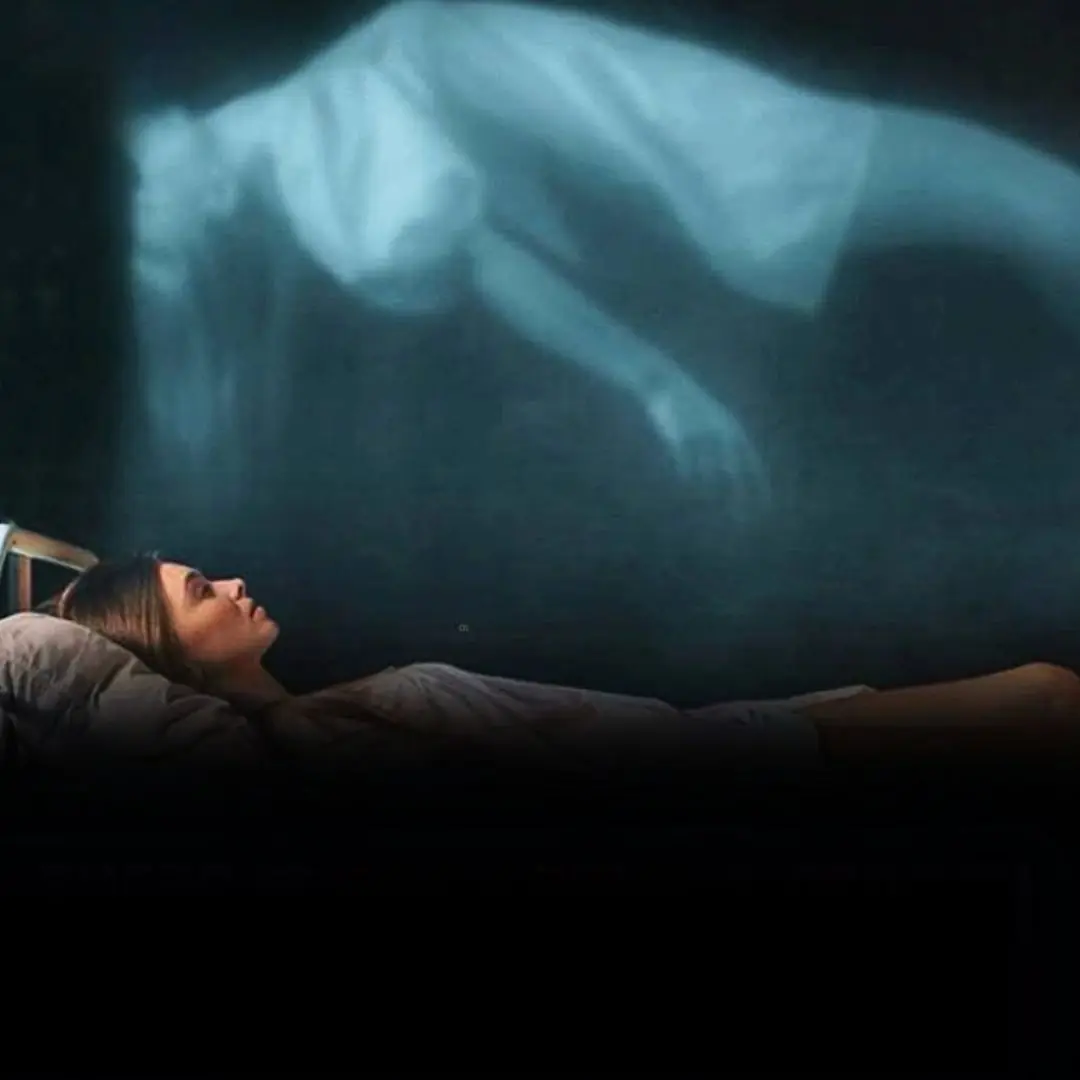
Experts Are Shedding Light on the ‘De.ath Rattle’ Phenomenon Before Passing

Here’s Why You Should Leave a Coin in the Freezer Before Leaving the House

Identical twin sisters give birth to sons on same day at the same hospital

These 5 Foods Are Diabetes Enemies — Sadly, Many People Are Unaware
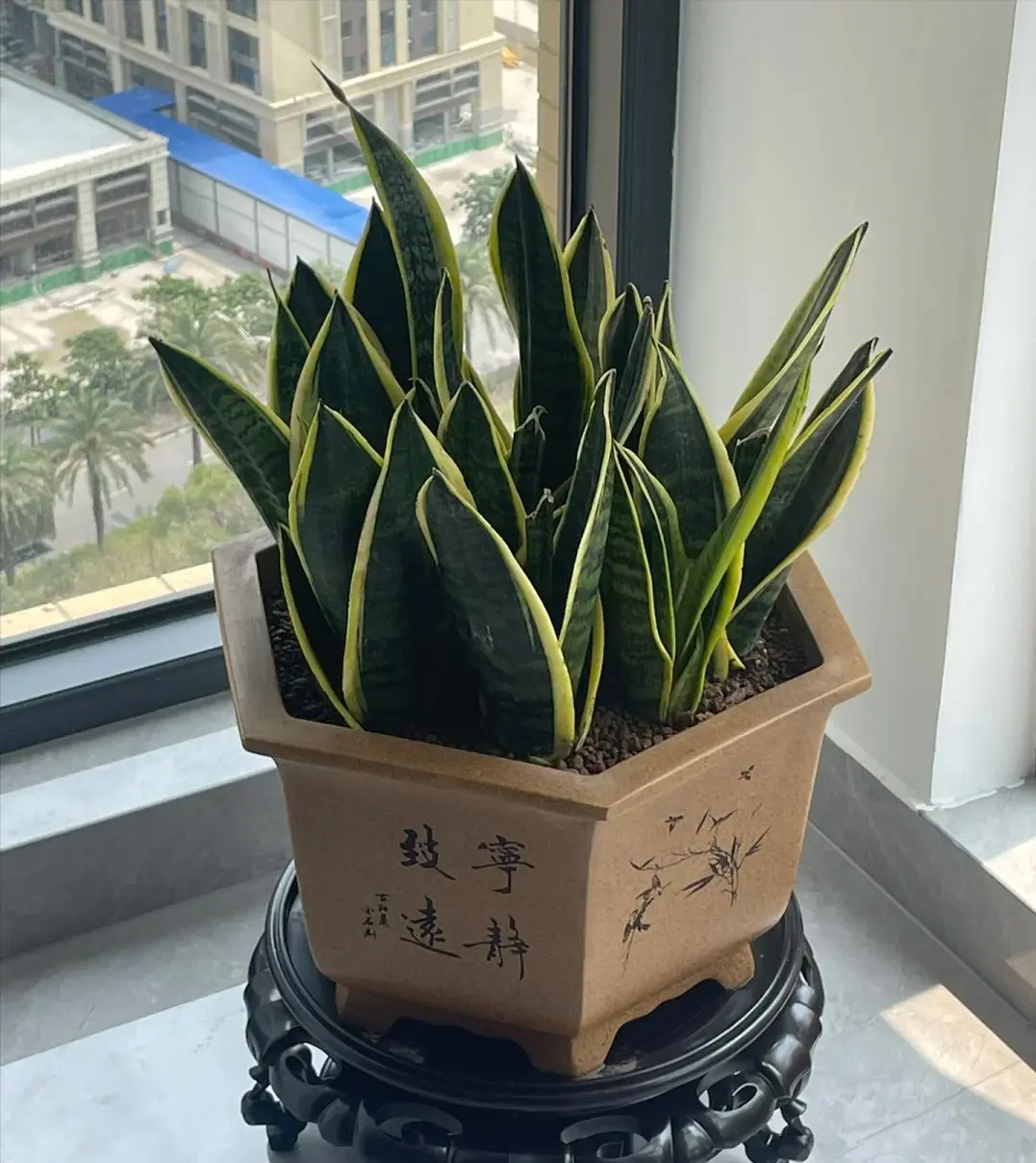
Snake Plant – Feng Shui Symbol or Silent Trap? 4 Reasons to Think Twice

Group A Vegetables Linked to Can.cer Experts Warn to Stop Eating Them Immediately

“The Poor Shouldn’t Buy a House on the 2nd Floor, and the Rich Shouldn’t Live on the 18th”

New research on so.lid tu.mor kil.ling method, successful in mice, awaiting clinical trials

Take Charge of Your Health – Exercise Your Way to a Can.cer-Free Future!

Discover the Secret Omega-3 Nut That Can Naturally Lower Bloo.d Lipids & Improve Heart Health

The Power of Walnuts: A Superfood for Kid.ney Health and Brain Function
